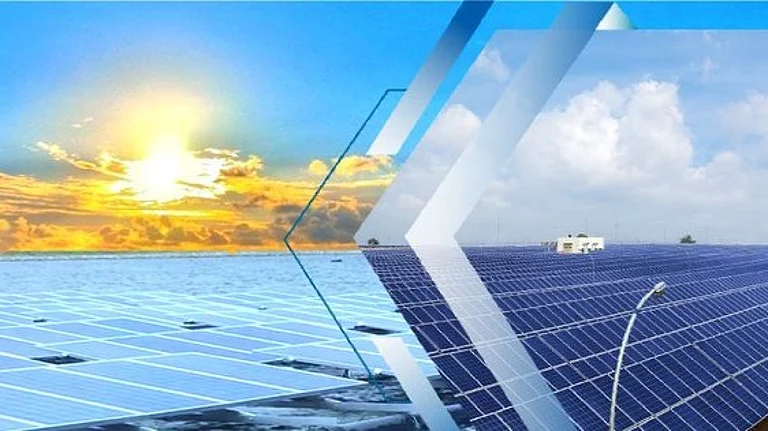
ACME Solar secures ₹1,100 crore refinancing for 300 MW Rajasthan project.
Refinancing agreement reduces debt cost, strengthens company’s financial profile.
Green energy transition needs capital, as India aims for 50% clean energy.
ACME Solar Holdings Limited has secured domestic funding of ₹1,100 crore from the State Bank of India (SBI), refinancing the existing debt for its 300 MW renewable energy project in Rajasthan.
The refinancing agreement, which applies to an ACME Solar subsidiary rated CRISIL AA-, is designed to reduce the existing financing cost by approximately 100 basis points (bps). The debt facility has been secured for an approximate tenure of 17 years.
This financial maneuver aligns with the company’s strategic goal of optimising financing costs across its entire portfolio and improving its credit profile. By demonstrating a strong commitment to stability and financial discipline, ACME Solar has already managed to improve its projects’ credit ratings.
The 300 MW Rajasthan project benefiting from the refinancing has an operational track record of about six months and has consistently maintained optimum Capacity Utilization Factor (CUF) levels.
ACME Solar emphasised that the reduced cost of debt will allow the company to further solidify its financial standing as it pursues significant capacity growth over the next few years.
ACME Solar Holdings is an integrated renewable energy player with a diversified portfolio spanning solar, wind, storage, Firm and Dispatchable Renewable Energy (FDRE) and hybrid solutions and an operational capacity of 2,890 MW.
More Finances Required for Power Transition
India’s clean energy transition requires increased capital to meet the 59 gigawatts of renewable capacity auctioned in 2024, according to Bloomberg NEF.
Last year, about $25 billion was raised for clean energy, with a notable surge in the second half due to the efforts of private equity, venture capital, green bonds, and project refinance. Independent power producers raised almost $2 billion in equity and refinance funding to meet the increasing corporate demand for clean power.
Public markets remained active despite broader volatility, with 10 major clean energy and e-mobility firms going public in 2024 and more in the pipeline. As complex projects such as solar-wind-storage hybrids accelerate, financing mechanisms are becoming more sophisticated to manage new risks.
With the country on track to meet its 2030 climate target of having low carbon technologies that account for 50% of power generation capacity this year, five years ahead of schedule.
This momentum comes at a time when demand is expected to rise by 8% from the previous year to a peak of 370 gigawatts in 2025 due to factors like urbanisation, electrification, growing data centres and more unpredictable weather patterns. India is therefore being pressured to search for more reliable and stable substitutes, such as fossil fuel-powered ones.





























